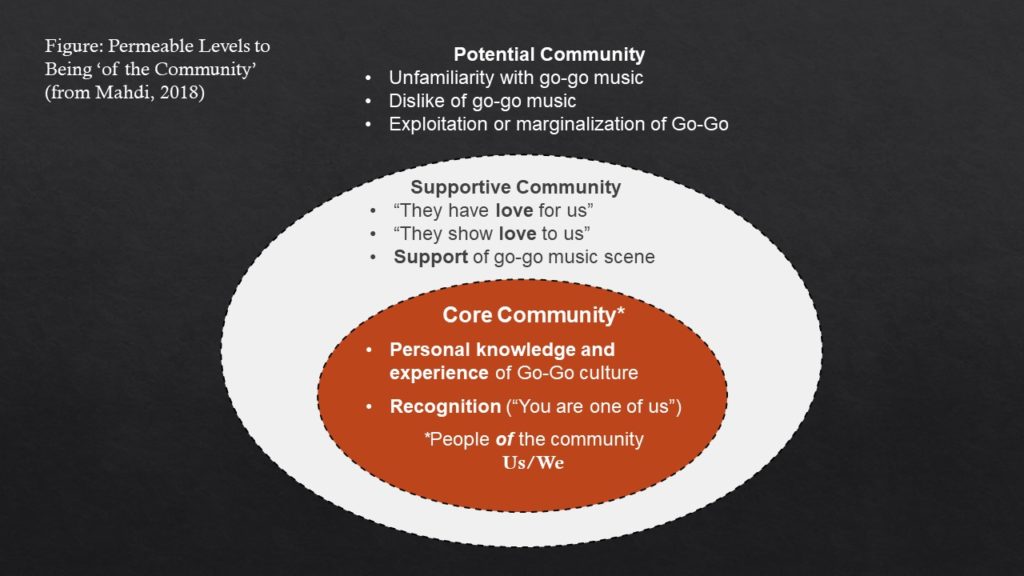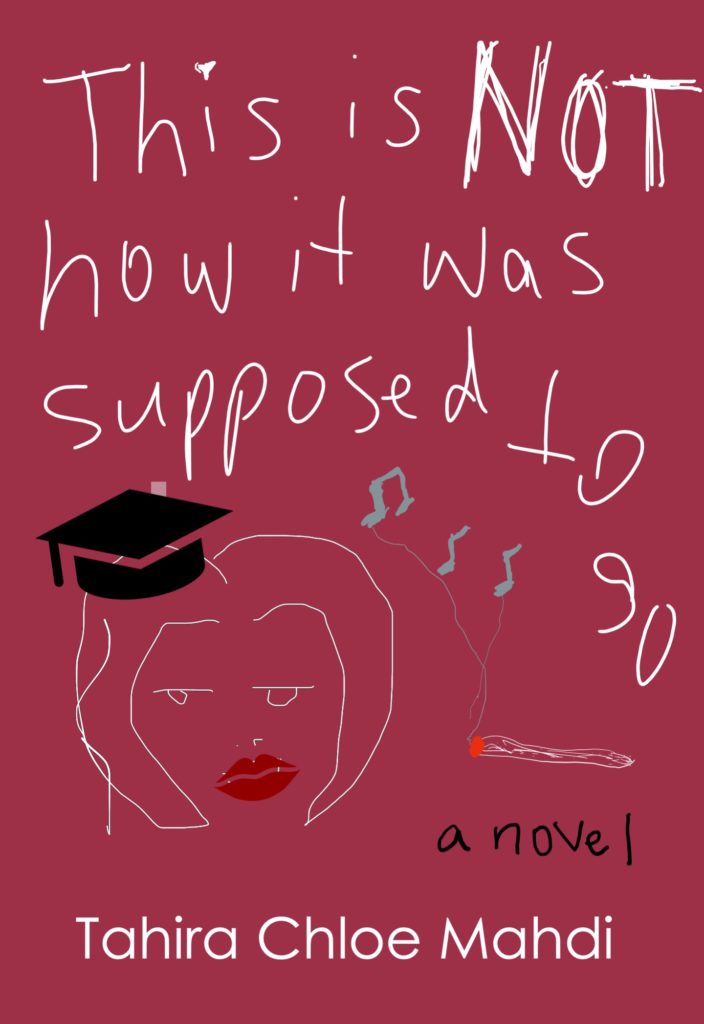When I deleted my Twitter account on April 27, 2022, I woke up later that morning with a clear mind and the intention to write a book based on my dissertation research. With my study on the Go-Go music-cultural community, I had developed a framework called Being of the Community that provides an alternative way to conceptualize community itself. As a community psychologist, I use this framework to facilitate new approaches to community partnerships and community-based work.
Most of this work is done with universities and their community partners, but I know that this work can have broader applications and implications within many different communities. I had already accomplished a podcast episode on the topic back in 2020, but I was always looking for more ways to spread the word.
The epiphany hit: With the framework’s center being culture, love, and support, a work of fiction could successfully illustrate these ideas.

To get my story flowing, I dug into my own paradoxical memories of depression and exhilaration in the summer of 2010, when I was unemployed after graduating from college and had to live with my mom in the neighborhood where I grew up. Even though I felt rejected from the academic community when I didn’t get into any PhD programs, my hood community didn’t treat me as if that mattered at all. I wasn’t the only person who had to live at home with parents. I wasn’t the only person who was unemployed. I wasn’t even the only college graduate. I was of the community, and all I had to do was show up and bring myself. If I had five on it, cool. If not, my peoples simply shared whatever they had, the same way they did when anybody else was short on funds but long on need.

I didn’t even realize until the book was published that I had accomplished the goal I set for myself in the beginning. Amid all of the cussing, drama, sexy times, and smoke clouds in this story, there is the triumph of community. This story illustrates how we can, and often do, belong to several communities at once and experience a different sense of community in each. There is a difference between having membership in a community, like Roshawn and I in academic spaces—and being of the community, like Roshawn and I in our respective hoods. If I have it, it can be taken away. If I am it, I am merely and powerfully recognized as such. This is different than earning the right to belong, which membership necessitates. To put it simply: We know who we are.

